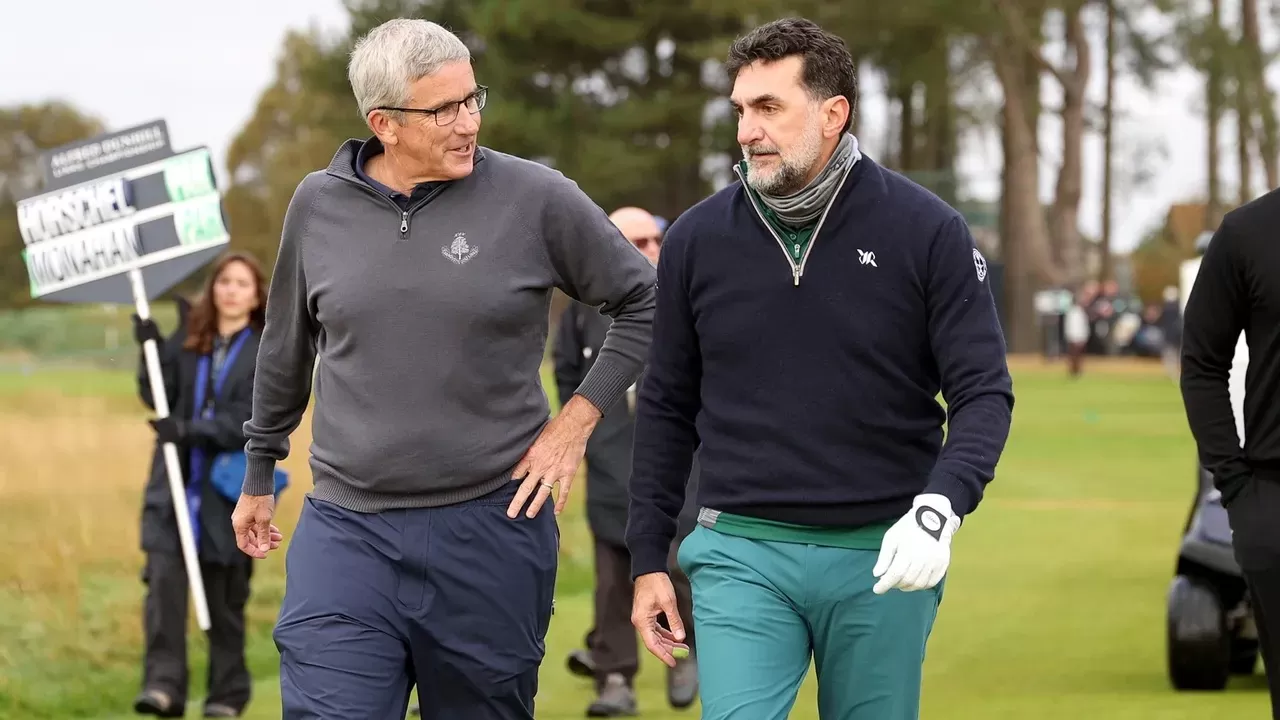Recently, the PGA Tour rejected a $1.5 billion investment offer from Saudi Arabia’s Public Investment Fund (PIF) due to disagreements over the attached conditions, primarily concerning the future of LIV Golf and the leadership role of Yasir Al-Rumayyan.

According to reporter Ewan Murray, the deal came with two key stipulations from the PIF: first, LIV Golf must remain unchanged in its current form; and second, Yasir Al-Rumayyan, PIF Chairman, must be appointed co-chairman of the newly structured PGA Tour Enterprises. Both conditions were turned down by PGA Tour Commissioner Jay Monahan, plunging efforts to reconcile the two biggest entities in professional golf back into a deadlock.

Since LIV Golf, backed by the PIF, debuted in 2022 and lured numerous PGA Tour stars with lucrative contracts, the golf world has been deeply divided. Although both sides have publicly expressed a shared goal of “unifying golf” and “bringing the world’s best golfers together more often,” strategic and power-related disputes continue to hinder any compromise.
In 2023, a preliminary agreement was signed between Monahan and Al-Rumayyan, leading to the creation of PGA Tour Enterprises, a new commercial entity designed to manage financial relationships between the two parties. However, specific details have yet to be finalized. The PGA Tour’s recent influx of substantial investment from the Strategic Sports Group has further reduced any urgency to rush into a deal with the PIF. “Everyone wants an agreement, but no one feels it’s truly pressing,” a source noted.
One major point of contention remains the mechanism for allowing golfers who joined LIV Golf to return to the PGA Tour. Many stars loyal to the PGA Tour believe this issue must be clarified before any deal can move forward.
Meanwhile, LIV Golf, particularly Al-Rumayyan, remains firm on preserving its 14-event, team-based format. This stance clashes with proposals from Monahan, who has hinted at the possibility of “integrating” LIV Golf into the PGA Tour system in a controlled manner.
Maintaining LIV Golf as it stands would significantly disrupt the schedules of top golfers, heightening the risk of conflicts between tournaments and making the goal of a “unified playing field” more elusive than ever.





